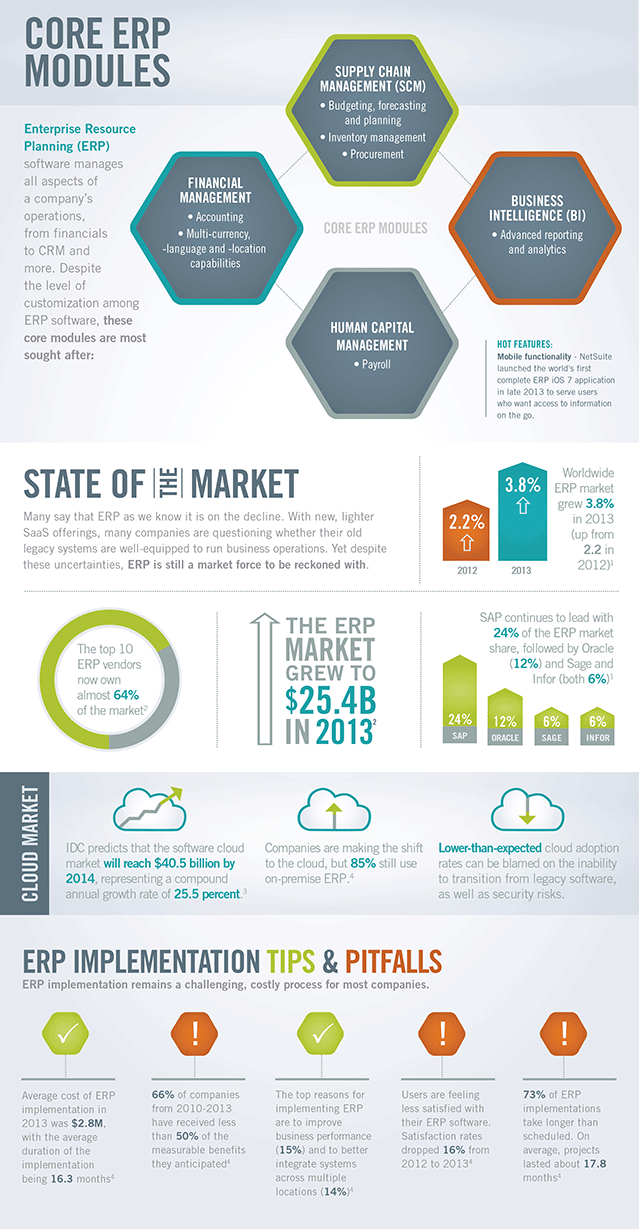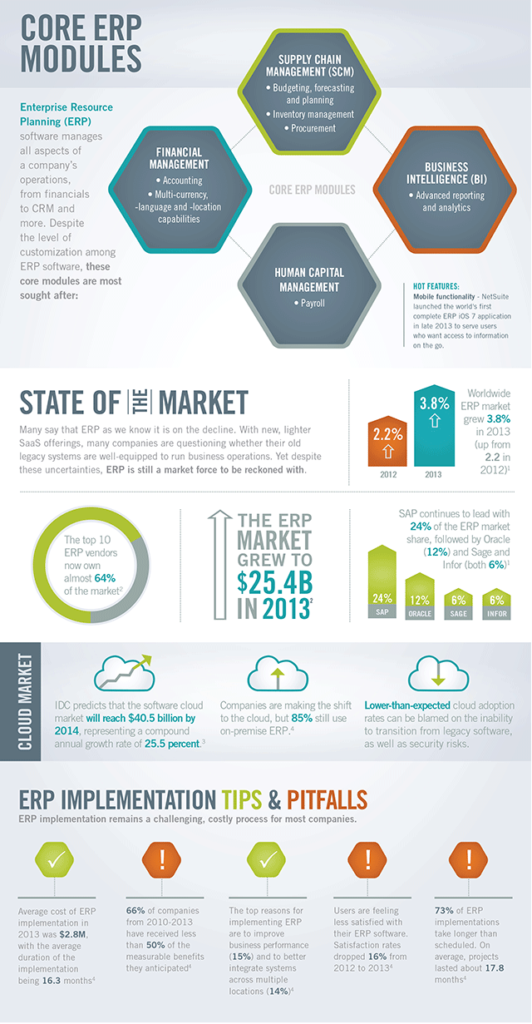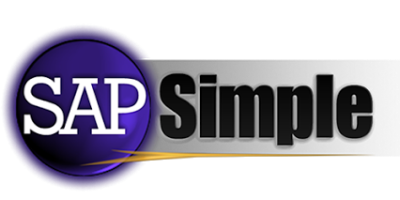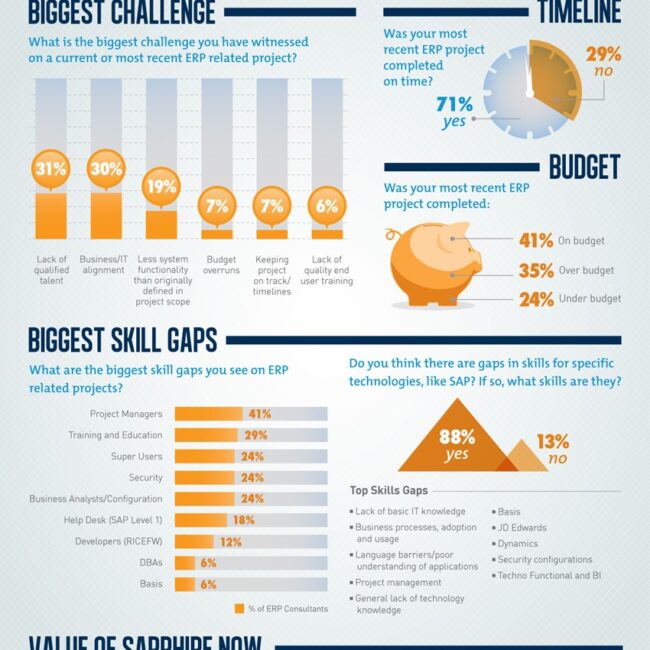
AN OVERVIEW OF CORE ERP MODULES IN SAP B1

CORE ERP MODULES
ENTERPRISE RESOURCE PLANNING (ERP)
Software manages all aspects of a company’s operations, from financials to CRM and more. Despite the level of customization among ERP software, these core modules are most sought after:
SUPPLY CHAIN MANAGEMENT (SCM)
-
Budgeting, forecasting and planning
-
Inventory management
-
Procurement
FINANCIAL MANAGEMENT
-
Accounting
-
Multi-currency, language and location capabilities
BUSINESS INTELLIGENCE (BI)
-
Advanced reporting and analytics
HUMAN CAPTIAL MANAGEMENT
-
Payroll
HOT FEATURES
Mobile functionality – Net suite launched the world’s first complete ERP iOS 7 application in late 2013 to serve users who went access to information on the go.
STATE OF THE MARKET
Many say that ERP as we know it is on the decline. With new, lighter SaaS offerings, many companies are questioning whether their old legacy systems are well-equipped to run business operations. yet despite these uncertainties, ERP is still a market force to be reckoned with.
WORLDWIDE ERP MARKET GREW 3.8% IN 2013 (up from 2.2 in 2012)
The top 10 ERP vendors now own almost 64% of the market
The ERP market grew to $25.4B in 2013
SAP continues to lead with 24% of the ERP market share, followed by Oracle (12%) and sage and Infor (both 6%)
CLOUD MARKET
-
IDC predicts that the software cloud market will reach $40.5 billion by 2014, representing a compound annual growth rate of 25.5 percent
-
Companies are making the shift to the cloud, but 85% still use on-premise ERP
-
Lower-than-expected cloud adoption rates can be blamed on the inability to transition from legacy software, as well as security risks.
ERP IMPLEMENTATION TIPS & PITFALLS
ERP implementation remains a challenging, costly process for most companies.
-
Average cost of ERP implementation in 2013 was $2.8M, with the average duration of the implementation being 16.3 months
-
66% of companies from 2010-2013 have received less than 50% of the measurable benefits they anticipated
-
The top reasons for implementing ERP are to improve business performance (15%) and to better integrate systems across multiple locations(14%)
-
Users are feeling less satisfied with their ERP software. Satisfaction rates dropped 16% from 2102 to 2013
-
73% of ERP implementations take longer than scheduled. On average, projects lasted about 17.8 months
Get Started Today at www.emerging-alliance.com







